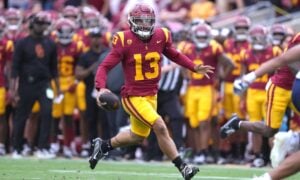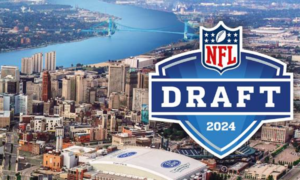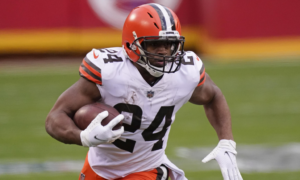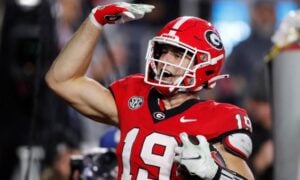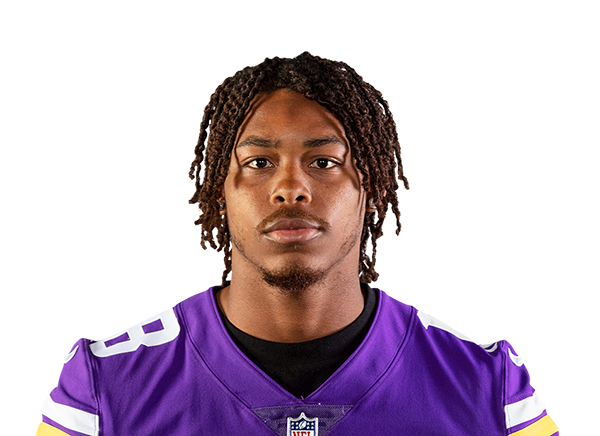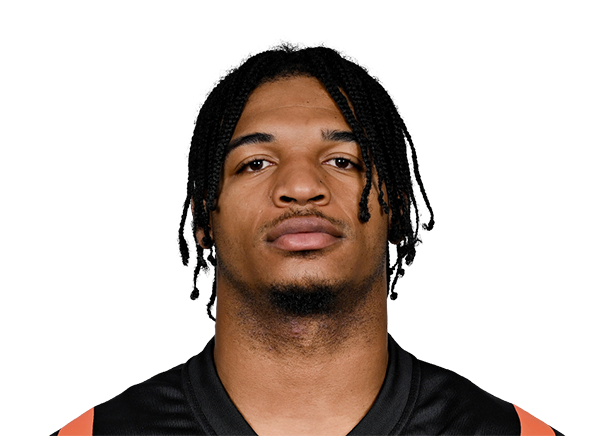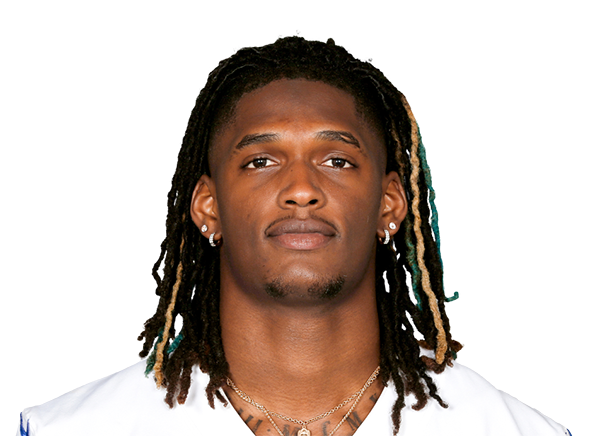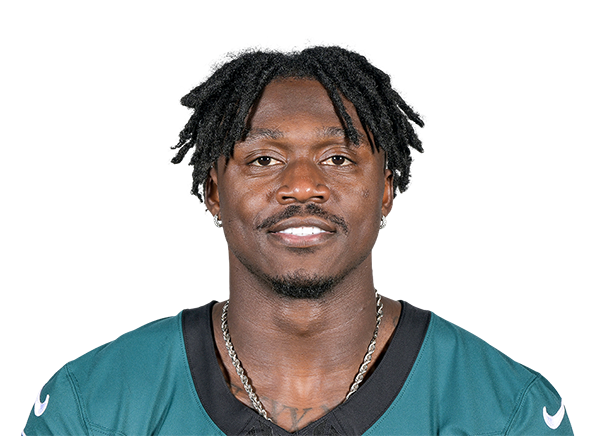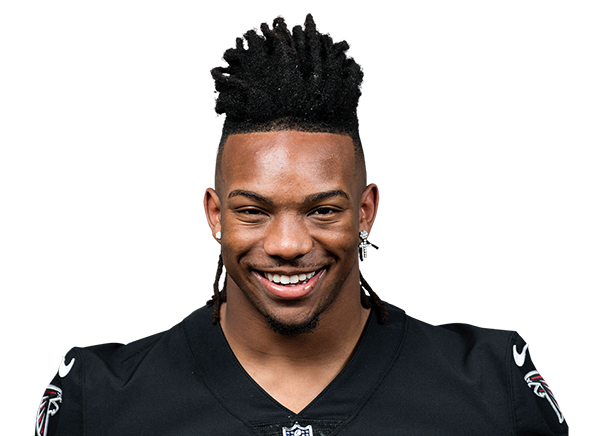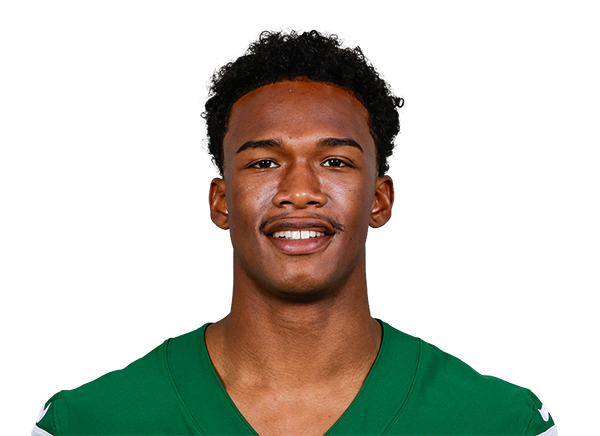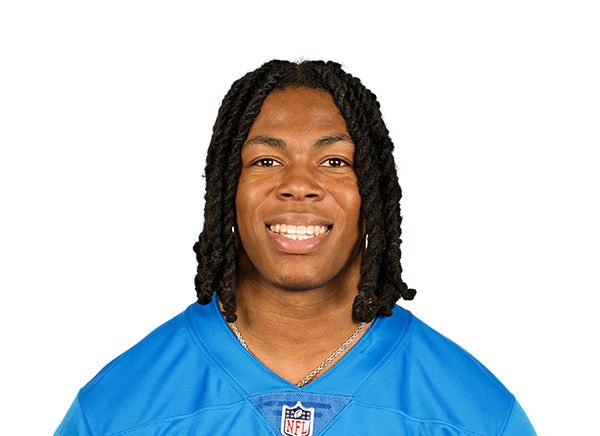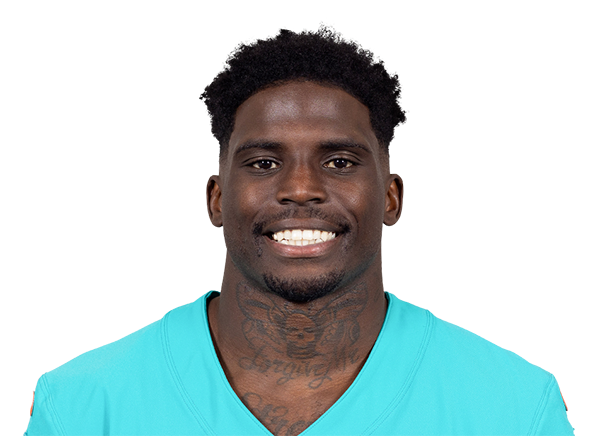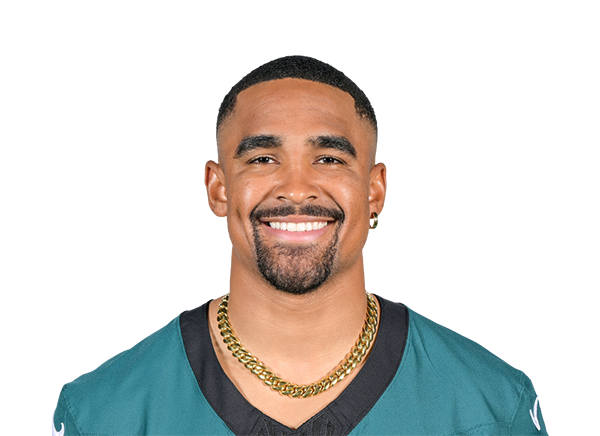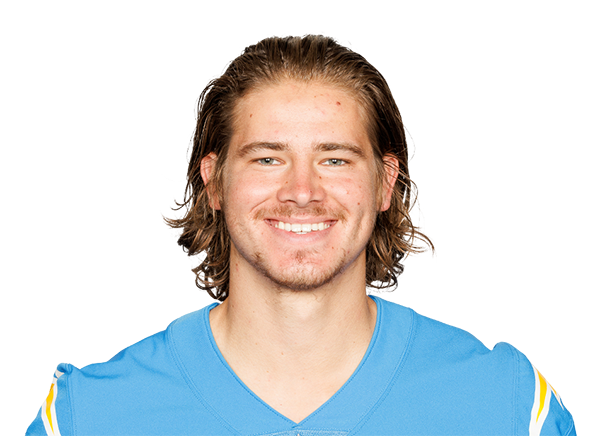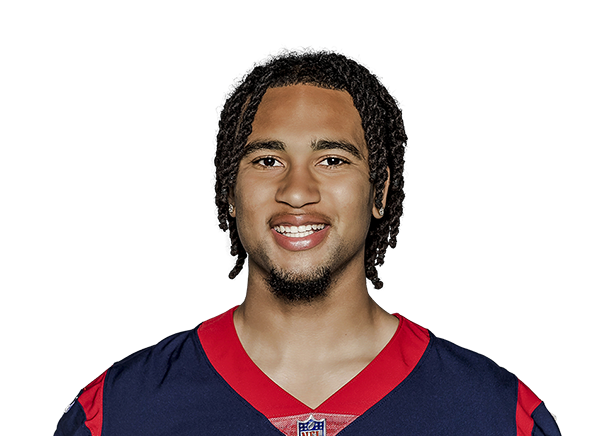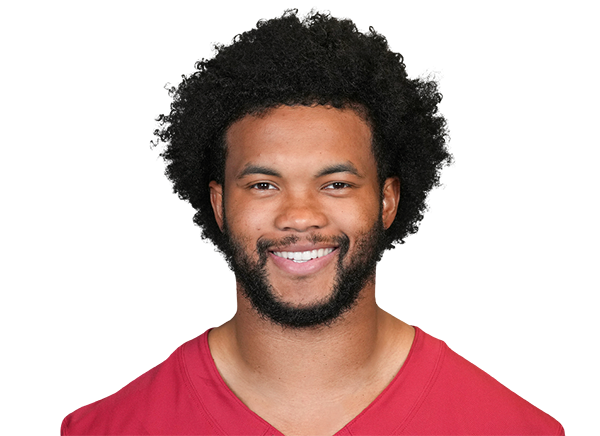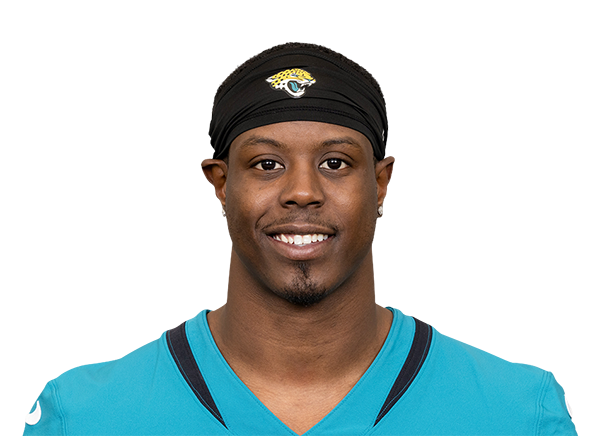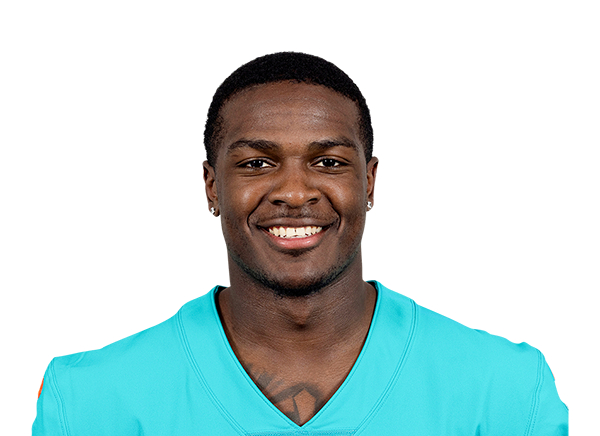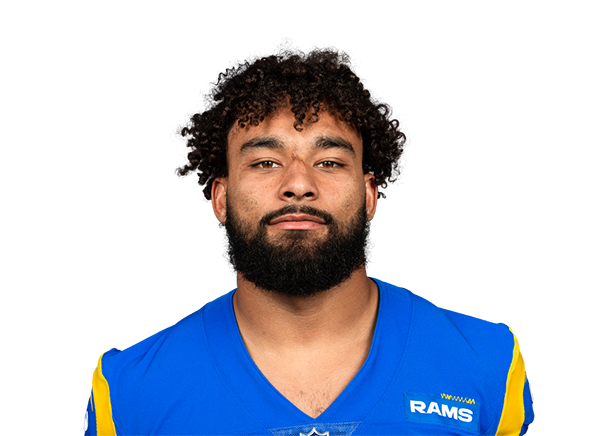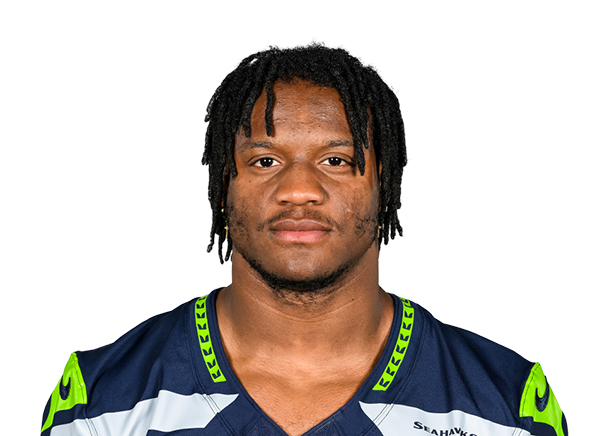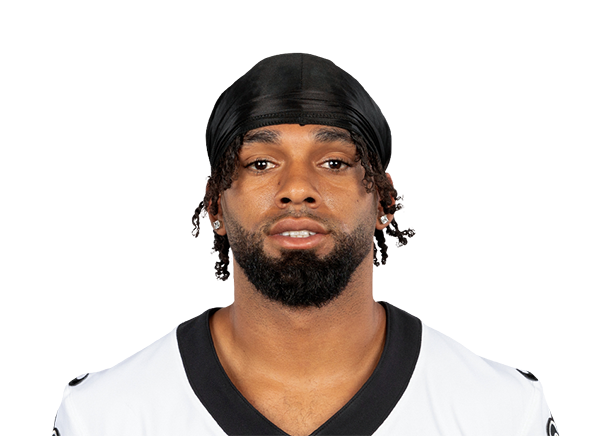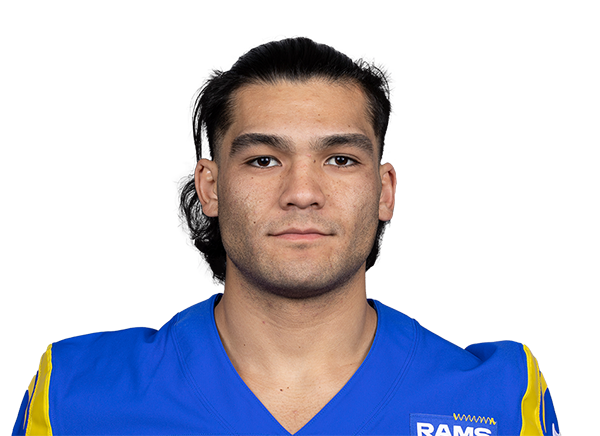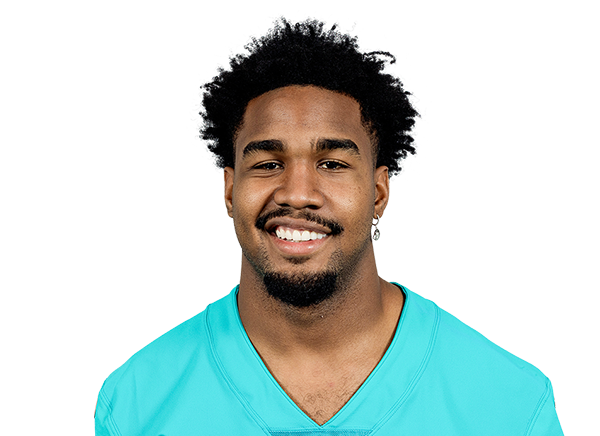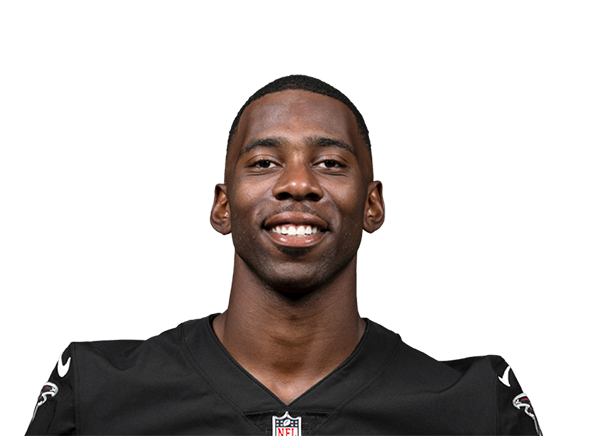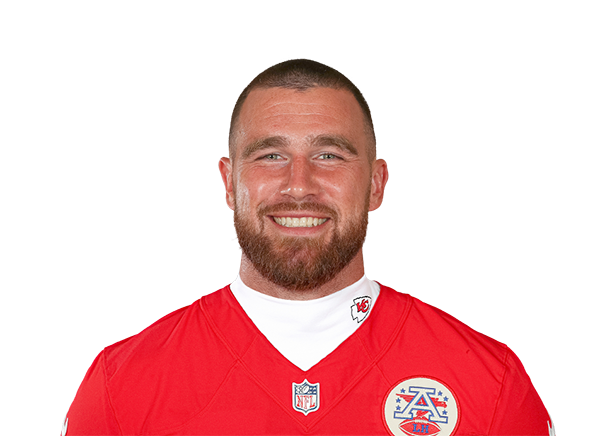Ten Dynasty Thought Themes Sabotaging Your Rookie Draft, Part One
None of us like to admit it but, subconsciously at least, we take actions that regularly impact our dynasty teams in a negative way. I’m not talking about making a bad trade or starting a player you shouldn’t have. I’m talking about decisions you make during your draft that few of us realize we’re making, and even fewer of us will admit to making.
These mistakes could have both long-lasting and long-reaching effects on our team, especially if the thinking that leads to those mistakes isn’t identified and corrected. If those mistakes are allowed to continue, many of them will not only be duplicated, but compounded upon, making a bad team even worse, or stopping a potential dynasty in its tracks.
I have thought long and hard about decisions that hurt teams during rookie drafts. I’m setting aside what occurs both in the lead up to – and period after – the draft itself. I’ve identified ten basic decision themes, negative in nature, that owners must avoid making once the rookie draft kicks off. There may be more than these ten, and I’d welcome our readers to share in the comments any decision themes they don’t see listed here. The first five themes I’ll share in this article and the last five I’ll share in a follow-up piece.
It is also important to understand that these are themes, so there may be some variation in application here and some owners may see themselves, or others, in more than one theme. Just be mindful that these themes, by design, are broad in nature. They aren’t meant to be followed to the letter, they are designed to be cautionary in a general sense. Basically, general thoughts, or feelings, to be aware of while conducting the plan you’ve developed for your league’s rookie draft.
Let’s dive in.
[am4show have=’g1;’ guest_error=’sub_message’ user_error=’sub_message’ ]
Falling In Love With An NFL Team
The first theme we’ll look at is when an owner falls in love with an NFL team and wants to collect every player possible from their favorite team for their fantasy team. These owners are generally referred to as “Homer” in fantasy circles. In a weird way it makes a degree of sense to those to employ it.
Homers rationalize such decisions by stating that since they cheer for their NFL team, if that team is successful then their fantasy team will be successful. This ignores several important factors in fantasy success though.
First, the NFL team the Homer likes might not even be good, hence dooming their fantasy team. Second, the management, and or coaching, of that NFL team might be horrible, and the Homer has now ceded all decision-making surrounding his or her fantasy team to that terrible management team as opposed to being exposed to such horrible decision-making on a much smaller, and reasonable, level by owning one or two players from that team.
Third, from a simple logistical standpoint, the Homer will be surrendering a game a year to the dreaded bye week. The goal in fantasy football is to remain competitive all season long. If an owner has written off at least one game before the season even begins, they are decreasing their chances for success in comparison to their leaguemates. This also gives at least one other owner a “freebie” win on that week when they are lucky enough to face the Homer’s team during that bye week. This can have negative implications for the playoff picture in any league, much the same when an owner starts one or more players who are on a bye.
Fourth, Homers are willing to leave value on the table and reach for a player that their NFL team drafted. For instance, in the 2018 rookie draft, Saquon Barkley is the consensus 1.01 rookie pick. If a Homer has the 1.01 and is a Browns fan, they might opt for drafting Nick Chubb, simply to make sure he ends up on their team. Homers tend to forego trades that would present them with much more value. In my experience, I have yet to see a team that employs this theme win a championship, no matter what NFL team they follow.
Falling In Love With A Player
Similar in nature to Homers, some owners fall in love with a specific player in the draft. These owners pull out all the stops to acquire that player in as many of their leagues as possible. Often, they will give up much more than they should in order to trot out that player on their starting line up for the foreseeable future. While there is no general name for these type of owners, I have usually called them “Adorers”.
Adorers fall in love with the skill set, fit, or potential of a player. Like Homers, they are willing, or at least prone, to giving up value so that they can obtain the player they seek. Adorers are much more willing to trade up than they are to trade down. They likely view trading down as tacit admission to themselves, and others, that they will not be able to obtain the player they are targeting.
These are owners who will mortgage their team’s future for that one player they feel can put them over the top, or that they can base the future of their franchise around. The success of Adorers all comes down to how successful they are at evaluating their desired player.
Falling In Love With A Position
Much rarer than Homers and Adorers are those owners which fall in love with a position. These are usually stern adherents to Zero-(Position) Theories. These owners tend to have an aversion to drafting specific positions and or a strong proclivity to drafting only a specific position. For example, even if the top regarded wide receiver is staring such an owner in the face, they will reach for the next best running back, even if that running back has a much lower perceived value.
Positionists, as I’ll call them, leave value on the table for the sake of following positional dogma to it’s zenith. This was much more common two-to-three years ago when everyone, and their dynasty-playing mothers, were casting aside running backs throughout much of the first round in favor of wide receivers that simply had no business being drafted before the second round.
With the running back position making a come back in recent years, the pendulum is set to swing back the other way, with some running backs, even in this class, coming off the board much earlier than they should. Positionalists are, generally, amicable to trading either up or down, but they are prone to reaching for value based on nothing more than where a player lines up on the field.
Ignoring League Scoring
Moving away from the “falling in love” theme (“failing in love” might better describe it), some owners will outright ignore the scoring rules employed by their leagues. These owners tend to have a mindset that is locked onto following Average Draft Position (ADP) no matter their needs or with any thought given to the consequences for blinding following it.
By any definition these owners could be viewed as “Adherents”, ignoring that ADP is simply a tool, a useful tool, but a tool nonetheless. They are misusing the tool in much the same way that it makes no sense to use a vacuum cleaner on your outside patio when a broom is the more sensible tool to use. Will it work? Sure. But one, it’s not designed for that job, and two, the repercussions for misusing the tool are generally more negative than they are positive.
In the vacuum example, your vacuum motor could burn out, you might have to empty the debris collector multiple times, or you might lack the length of power cabling needed to complete the task. In the case of ADP, Adherents ignore the fact that ADP is collected, and based, on a scoring system, one that may be, in many circumstances, different than the scoring system used by the league they are drafting in and doesn’t account for the nuances in that scoring.
If a league doesn’t reward a point for running back receptions then, despite ADP stating otherwise, the first seven-to-eight picks off the board should not all be running backs in this scoring set up. Understanding your league’s scoring is key to prevent one from falling prey to this theme. Adherents are generally flexible trade partners though, as they tend to spot what they perceive as value, at any pick.
Overvaluing Held Rookie Picks
Some owners get very attached to the perceived, or potential, value of their rookie picks. Generally, “Overvaluers” make unrealistic trade demands to those looking to acquire their picks. Their view is based strictly in future potential of the pick itself, or the player they end up using the pick on. This view tends to discount current point production in favor of points that may be scored by their player in the future.
Generally, potential is a great thing to look out for, it’s what makes some dynasty players truly great. However, when one disregards established production from players still early, or even in the middle of, their careers in favor of that potential production, that’s when such thinking becomes detrimental.
The simple fact of the matter is that rookie picks are not sure bets. Many of these players don’t amount to anything. Overvaluers also tend to shy away from trading down within the draft, even if it means acquiring more picks, thus increasing their chances to select more than one player that ends up a startable fantasy asset. As such, they often aren’t good trading partners and will frequently stick with the picks they acquired prior to the draft, only trading them away in instances where they are obtaining a huge windfall in value.
Do any of these describe you or someone you know? If not, check back for Part Two of this piece to see the other five Dynasty Thought Themes!
[/am4show]







